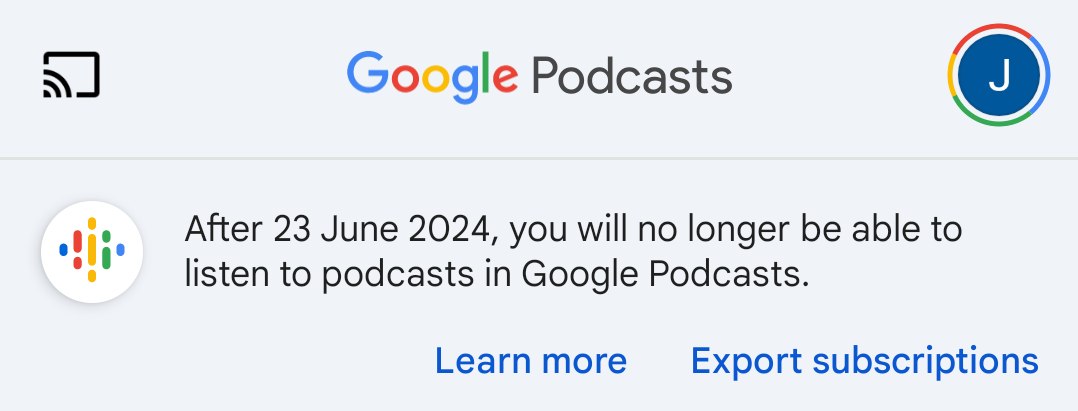Android
DROID DOES
Welcome to the droidymcdroidface-iest, Lemmyest (Lemmiest), test, bestest, phoniest, pluckiest, snarkiest, and spiciest Android community on Lemmy (Do not respond)! Here you can participate in amazing discussions and events relating to all things Android.
The rules for posting and commenting, besides the rules defined here for lemmy.world, are as follows:
Rules
1. All posts must be relevant to Android devices/operating system.
2. Posts cannot be illegal or NSFW material.
3. No spam, self promotion, or upvote farming. Sources engaging in these behavior will be added to the Blacklist.
4. Non-whitelisted bots will be banned.
5. Engage respectfully: Harassment, flamebaiting, bad faith engagement, or agenda posting will result in your posts being removed. Excessive violations will result in temporary or permanent ban, depending on severity.
6. Memes are not allowed to be posts, but are allowed in the comments.
7. Posts from clickbait sources are heavily discouraged. Please de-clickbait titles if it needs to be submitted.
8. Submission statements of any length composed of your own thoughts inside the post text field are mandatory for any microblog posts, and are optional but recommended for article/image/video posts.
Community Resources:
We are Android girls*,
In our Lemmy.world.
The back is plastic,
It's fantastic.
*Well, not just girls: people of all gender identities are welcomed here.
Our Partner Communities:
view the rest of the comments

I live in Silicon Valley and this is a standard thing here. Companies measure your success as an employee based on "impact". Launching a new thing that tens or hundreds of millions of people like and use is big impact. Deleting old code to reduce the overall complexity of the system is also seen as having a lot of impact - old code has potential security risks, privacy / data storage risks, may require legacy frameworks that aren't supported any more, etc.
However, maintaining an existing system isn't always seen as impactful, unless it's a major system or needs some large bug fixes for issues that affect a significant number of users, or that affect paid customers.
Sometimes, apps are built by a small team (say 1-4 people) during a hackathon. Eventually, that team has to move on to other work, and nobody else wants to pick up maintenance of the system they built. This is usually the reason why smaller products die.
You also need to keep in mind that if you're using a free service, you're not the customer. The customer is whoever is paying for the service on your behalf - for example, advertisers, paid users, etc. Generally, time spent improving the app will be spent on improving the experience for paid users rather than free ones. New features in systems like Gmail, Google Drive, etc mostly get built because paid users ask for them. This also means that apps that don't drive revenue (like Google Reader, etc) have very light staffing.